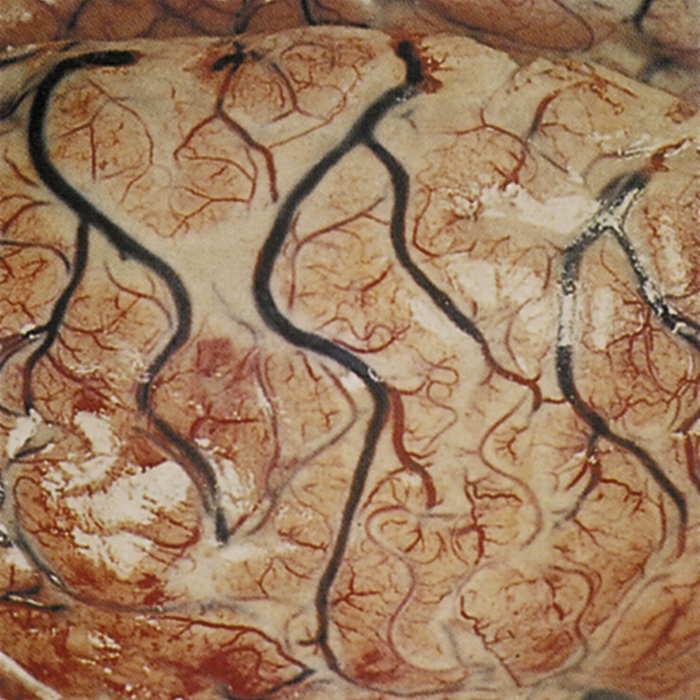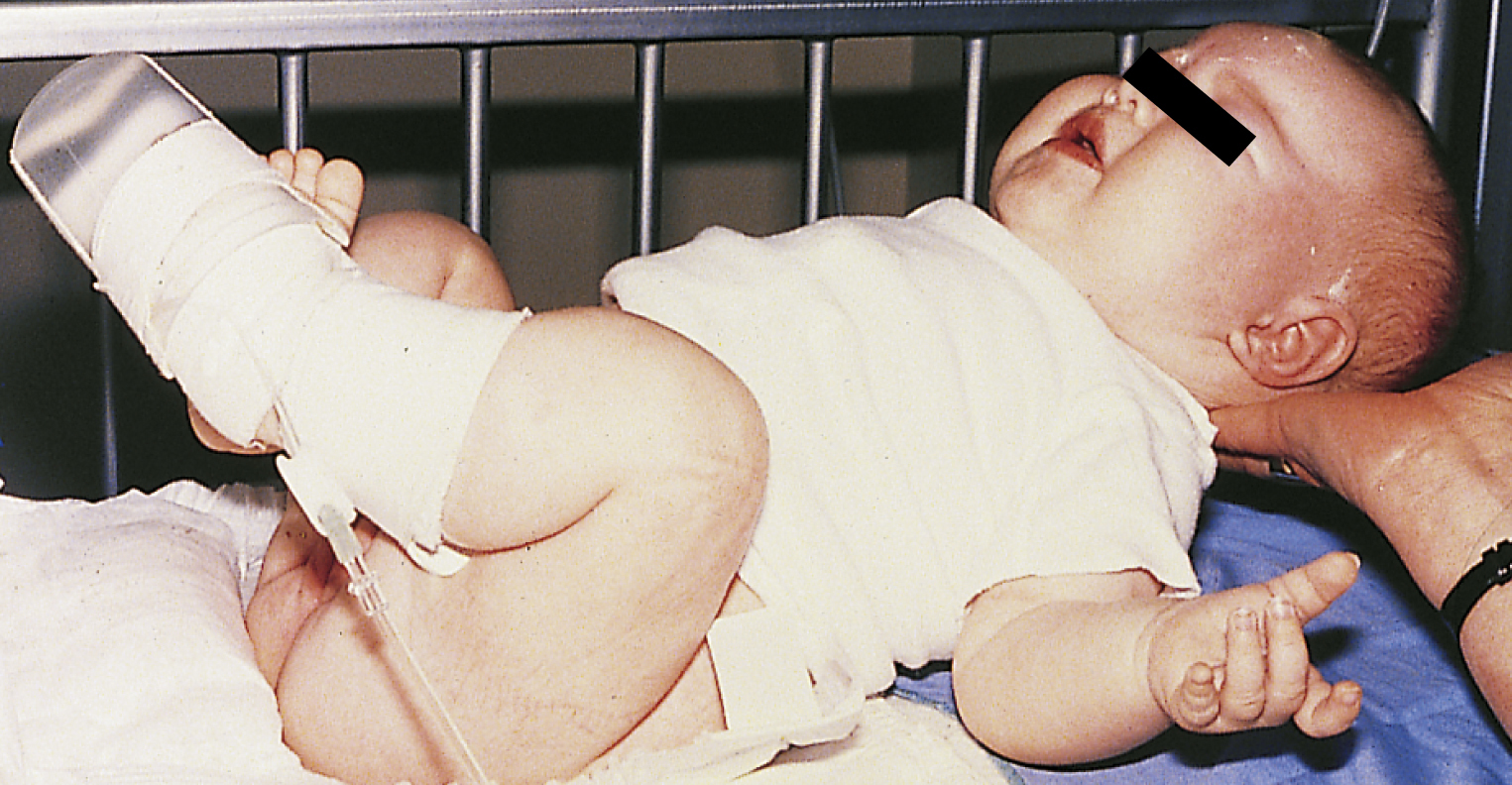meningitis /min′injī″tis/ pl. meningitides [Gk, meninx + itis, inflammation] , any infection or inflammation of the membranes covering the brain and spinal cord. It is usually purulent and involves the fluid in the subarachnoid space. The most common causes in adults are bacterial infection with Streptococcus pneumoniae, Neisseria meningitidis, or Haemophilus influenzae. Aseptic meningitis may be caused by nonbacterial agents such as a high dose of intravenous immunoglobulin, chemicals, neoplasms, or viruses. Many of these diseases are benign and self-limited, such as meningitis caused by strains of coxsackievirus or echovirus. Others are more severe, such as those involving arboviruses, herpesviruses, or poliomyelitis viruses. Yeasts such as Candida and Cryptococcus may cause a severe, often fatal meningitis. Also called cerebromeningitis. Compare encephalitis. Kinds include tuberculous meningitis. ▪ OBSERVATIONS: The onset of meningitis is usually sudden and characterized by severe headache, stiffness of the neck, irritability, malaise, and restlessness. Nausea, vomiting, delirium, and complete disorientation may develop quickly. Temperature, pulse rate, and respirations are increased. Residual damage may include deafness, blindness, paralysis, and cognitive impairment. Hydrocephalus also may develop. ▪ INTERVENTIONS: Bacterial meningitis is treated promptly with antibiotics specific for the causative organism. They are administered intravenously or intrathecally. Antifungal medications, such as amphotericin B, given intravenously or intrathecally for several weeks, may prevent death from fungal meningitis, but serious neurological sequelae may occur. ▪ PATIENT CARE CONSIDERATIONS: Constant skilled nursing and specialized medical attention is necessary to ensure early recognition of rising intracranial pressure, to prevent aspiration in the event of convulsive seizures, and to prevent airway obstruction. Except for the first day or two of meningococcal disease, strict isolation procedures are unnecessary. IV fluids and nasogastric tube feeding may be necessary for a prolonged period. Sedatives and narcotic analgesics should not be used because they may obscure important neurological signs in addition to depressing vital functions. Upon recovery, a rehabilitation team will play a major role in the development of an individualized treatment plan to redevelop functions lost as a result of meningitis.


